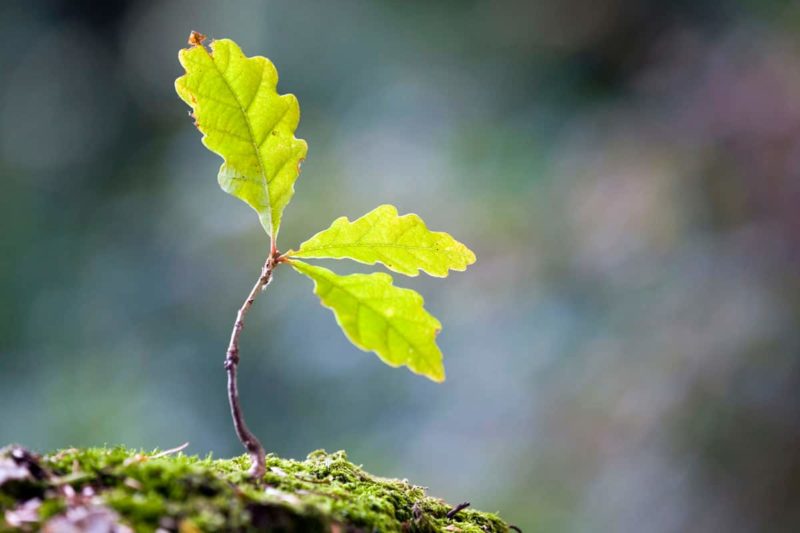Parshat Acharei Mot-Kedoshim, Leviticus 18:5
וּשְׁמַרְתֶּ֤ם אֶת־חֻקֹּתַי֙ וְאֶת־מִשְׁפָּטַ֔י אֲשֶׁ֨ר יַעֲשֶׂ֥ה אֹתָ֛ם הָאָדָ֖ם וָחַ֣י בָּהֶ֑ם אֲנִ֖י יְהוָֽה׃
You shall keep My laws and My rules, by the pursuit of which people shall live: I am God.
When Rabbi Israel Salanter, the nineteenth-century founder of the Mussar movement, was confronted with a raging cholera epidemic one Yom Kippur, he knew that a decree to break the fast and eat in order to strengthen oneself would be met with disapproval.
During the night of Kol Nidrei, the sexton read the names of everyone who had died during the course of that terrible summer. The next morning, after the reading of the Torah, Rabbi Salanter announced that everyone must make Kiddush lest their fast make them susceptible to the disease. A murmur went through the congregation. Yom Kippur?! No one moved. Again the rabbi commanded the worshippers to make Kiddush. Silence! To the astonishment of the assembled, the rabbi asked for cake and wine, and called over two judges. In the presence of the entire congregation he made Kiddush, adding the blessing, “…who commanded us to live by them, my laws.”
-From David Frishman’s short story, “Three Who Ate,” based on a historical account of this episode
Today is Yom Hazikaron, Memorial Day, when we remember the fallen soldiers in Israel, and the victims of terrorist acts–thousands of people who have died since Israel’s War of Independence. The day is marked by communal ceremonies and gatherings at cemeteries, and is one of the most solemn of the secular national holidays. Since most Israelis served in the Army, nearly everyone knows someone who died, and many Israelis consider it one of the holiest days of the year.
Yet we have to remember that in Israel this day of remembrance and mourning is immediately followed by Yom Ha’Atzmaut, Independence Day, a time of joy and celebration. The mourning of Yom Hazikaron is serious and personal. Businesses are closed, and like Yom Hashoah, there are sirens that are sounded throughout the country as people pause in remembrance. Yet, quite unlike shiva, the traditional mourning for Jews, as the sun sets on this day of memory, it moves seamlessly into the next holiday, and the parties begin. From death into life. In the history of the Jews, and in the history of Israel, there really is no other way.
I think we can learn an important lesson from this time in our calendar. We have had more than our share of sadness and mourning the past few months. As we have lived through this pandemic, we may feel we have lost in a very real way our families, our loved ones and our community. Separated from others, we may feel all alone. Our familiar joys and patterns are gone, and our sense of what is normal is disrupted. It is easy to feel stuck.
As the story of Rabbi Salanter reminds us, we don’t need to hold onto the sadness and the mourning any longer than it serves our needs. We can reflect on all that we have lost during this crisis, yet, our tradition call us above all to focus on life and on hope. Live because of all those who came before us, and for all those who sacrificed their lives to bring us to this moment. Live because there is already enough sadness in the world. Live because we need you to stay strong and healthy. Live because we need you, and the world needs you, to make sure that next year is brighter.
